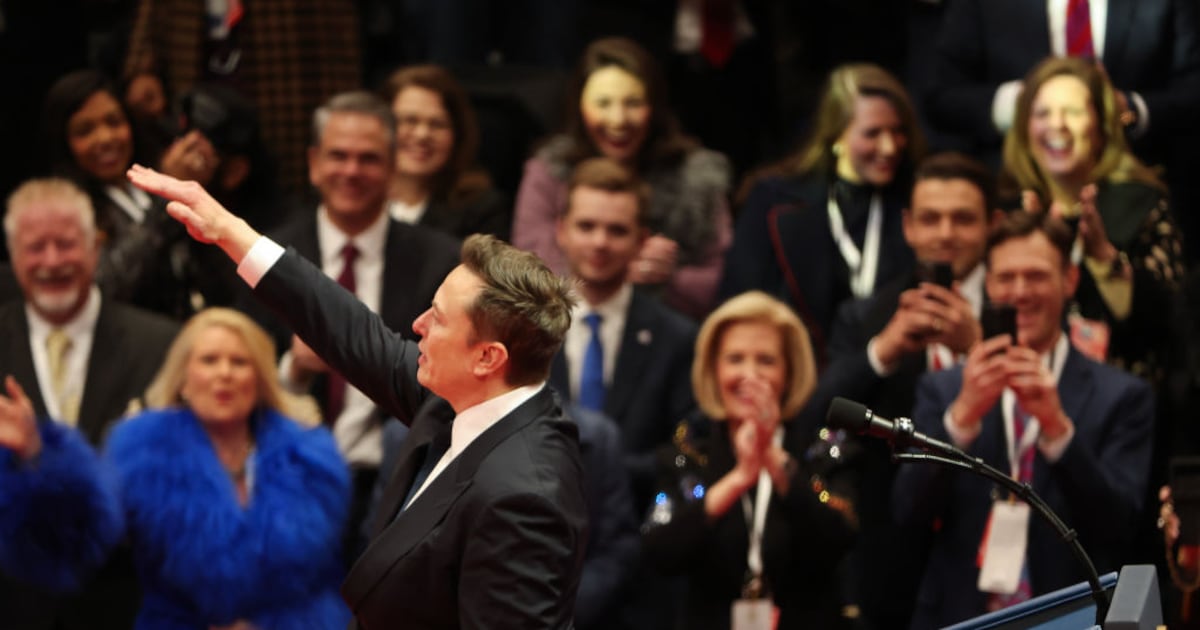
Ever since the European Union said it would stand behind Greece’s efforts to refinance its soaring debts, it has been tempting to think that the worst for Greece—and the contagion its problems could cause for the world economy—were just about over. Don’t believe it. Tensions are still rising in the markets, where the EU pledges are seen as overly vague--and on the streets of Athens, where, on Wednesday, thousands of people demonstrated and 40% of the Greek workforce went on a 24-hour strike, shutting down the country to protest the severe austerity that is coming down the pike.
We could be seeing the beginning of the unwinding of the core of European unity.
The next big event will probably come in the next few days, when Greece will test the receptivity of bond markets to between $2 and $4 billion, a small slice of what it will need just this spring. It won’t be easy. On Tuesday, Fitch’s rating agency downgraded the credit rating of all of Greece’s major banks, and yesterday Standard & Poor’s and Moody’s threatened to lower the credit rating of Greece itself. No doubt Athens will still get the funds this time around, but not without enormous anxiety on the part of lenders and many governments about what will happen later this year. In fact, we are seeing just the first act of a long melodrama. The EU will be demanding more and more austerity as a quid pro quo for its help. And as taxes rise, subsidies get cut, and unemployment soars, the political outcry in Athens will escalate. Look then for the EU to be increasingly reluctant to put up even more money. The financial markets will be watching and cringing and could well deliver a major shock to everyone by saying “no” or charging exorbitant premiums for their loans. As I wrote here on February 9, the economic and financial stakes for Greece, Europe and the world economy are huge.
But something else at least as important is at risk also: the very future of European unity itself. There is some irony here, because it was Greece that created the spark that brought Europe together in the first place. Here is what happened. It was on March 12, 1947, that President Truman announced before a joint session of Congress the first U.S. foreign aid program in history, the Truman Doctrine, to help Greece ( and Turkey) win a civil war against Soviet Communism. The Truman administration then followed up with U.S. assistance to all of Europe—the Marshall Plan—but it required as a precondition that Europe come together and present a continent-wide plan for using the American aid. That very effort of unprecedented coordination among European nations, including vanquished Germany, eventually led to the establishment of a six-nation European Common Market in the mid- 1950s. That naturally spawned the larger European Union in 1993 (eventually encompassing 27 countries from Ireland to Estonia). Then, in 1999, 16 members of the EU agreed to create and share a common currency, the euro.
The fundamental impetus for European unity was to embed Germany deep into the European fabric and make it impossible for another intra-European war to take place. European leaders in the 1950s, 60s, 70s—led by visionary Jean Monnet—also wanted to create an economic unit big enough to compete with the U.S. and the Soviet Union, and down the road whatever kind of power emerged from Asia.
Measured against these goals, the EU has been a fabulous success. It has also been a zone of prosperity and social progress in such areas as education and social safety nets. The measure of its attractiveness has been the burning desire of so many nations to the east – from Poland to Turkey – to gain entrance. Despite a number of disputes between the EU and the U.S., such as the one over the Iraq war, no region in the world has been a closer ally of Uncle Sam, and none is more embracing of American values concerning democratically elected governments, rule of law, market oriented societies, and human rights. This is too easy to forget at a time when America is mesmerized by the rise of China and preoccupied with problems in the Middle East.
No one knows where the Greek ball will bounce. There is at least a chance, however, that the economic strains in the country, and the reluctance of Germany and others to pour enough money into it for a long enough time, will create such serious debt problems that it will be expelled from the group of nations using the euro and revert to its own currency. This would cause economic havoc in Spain, Portugal—even perhaps in debt strapped Italy—as the markets speculate about their fate vis-a-vis the euro. Aside from the possibility of a massive global currency crisis, we could be seeing the beginning of the unwinding of the core of European unity.
I am reminded of Europe in the early 20th Century. It was in 1909, a time of intense trade, investment and cross-fertilization of ideas throughout the continent, that a well-known European writer and later Nobel Laureate named Norman Angell gained a large audience for his book A Grand Illusion. The book asserted that European economies were simply too economically intertwined to go to war. Two world wars, both originating in the heart of Europe, were to follow.
Today we need not think of war in the traditional sense as the only calamity that could ensue from a breakdown of European unity. Were the ties built over the last 60 years to come undone, it is possible that we would see a rise of trade protectionism among the individual countries, a rash of competitive currency devaluations, a breakdown in cooperation in such areas as immigration, energy, environmental matters, and cyberspace. All of this would have deeply negative global ramifications.
It seems far-fetched, I know. But in an era when virtually no one predicted the strength and speed of China’s rise, or the sudden implosion of what was supposed to be a stronger-than-ever world economy, we should all be careful about betting what is possible and what is not. It is a fragile and politically unpredictable world economy that we live in. Who can tell what one spark could ignite?
Jeffrey E. Garten is the Juan Trippe professor of international trade and finance at the Yale School of Management, and served in economic and foreign policy positions in the Nixon, Ford, Carter, and Clinton administrations.






